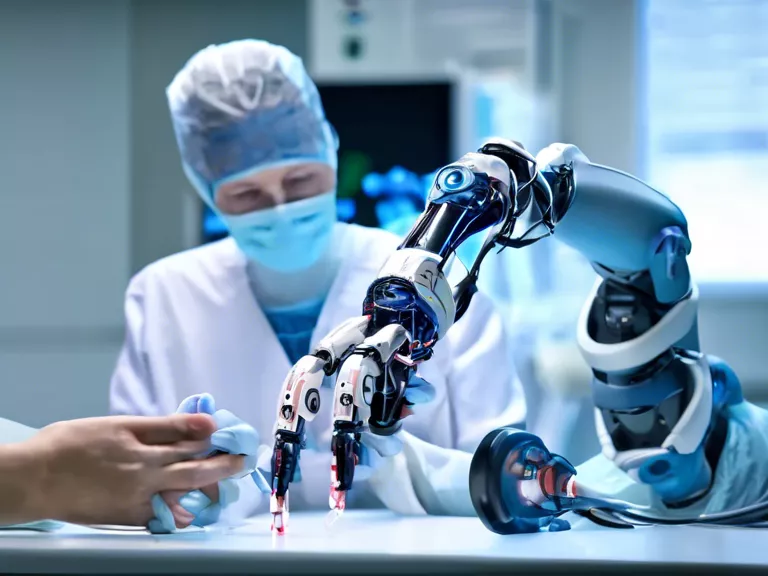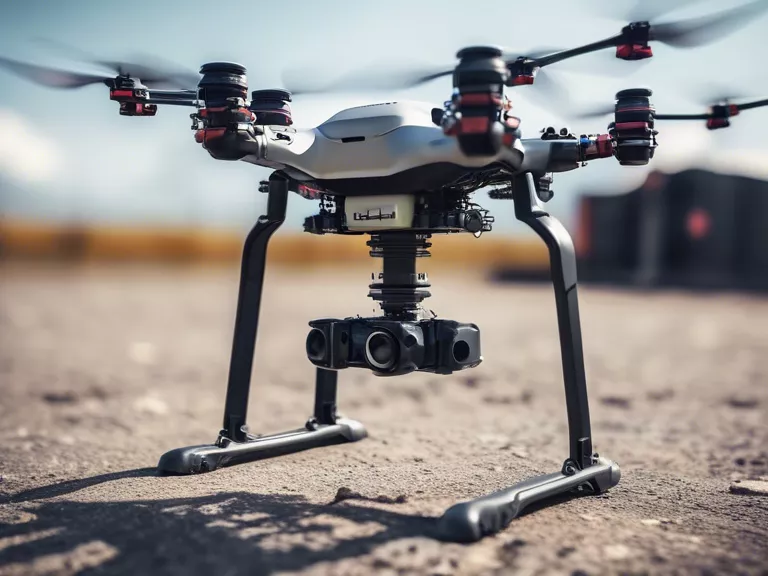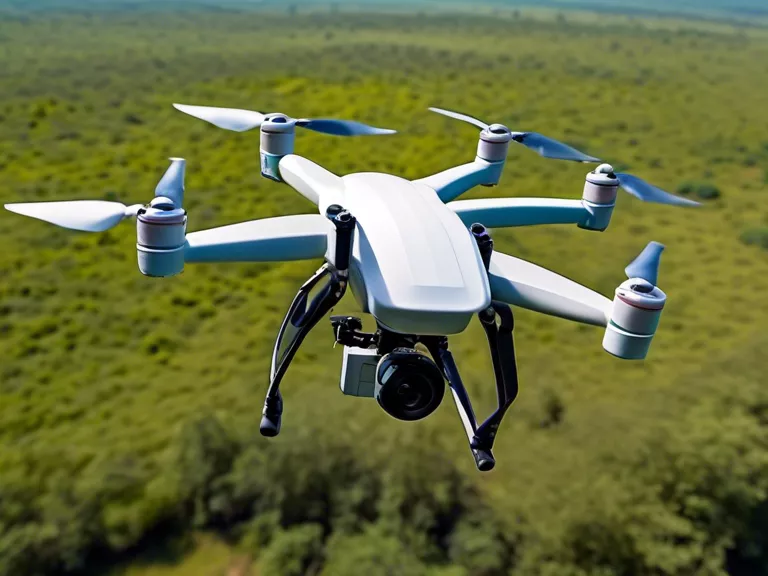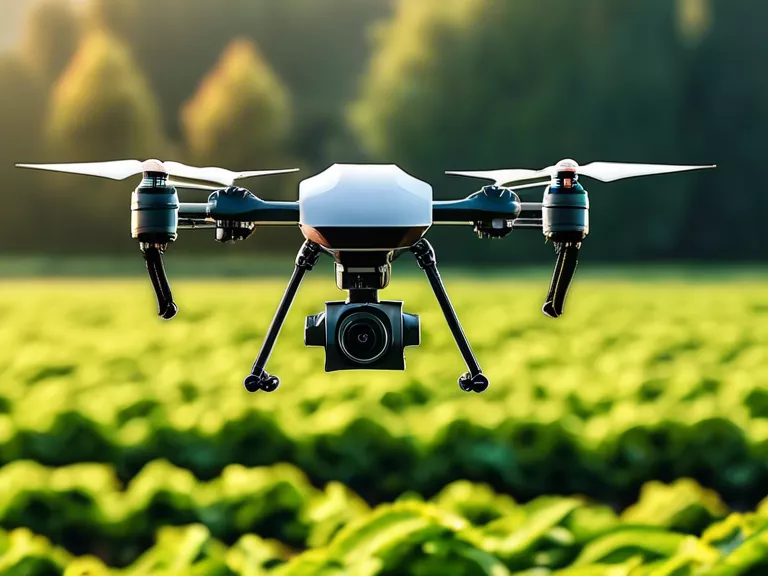
The Future of Robotics in Healthcare: AI-Enabled Surgical Assistance and Beyond
The use of robotics in healthcare has been steadily growing over the years, revolutionizing the way surgeries are performed and improving patient outcomes. With advancements in artificial intelligence (AI) and robotics technology, the future of healthcare looks promising with the development of AI-enabled surgical assistance and more.
AI-enabled surgical assistance systems have the potential to enhance the precision and efficiency of surgical procedures. By integrating AI algorithms with robotic systems, surgeons can benefit from real-time data analysis, 3D imaging, and predictive analytics to make more informed decisions during surgeries. This can lead to reduced risks, shorter recovery times, and better patient outcomes.
In addition to surgical assistance, robotics and AI are also being used in other areas of healthcare such as patient monitoring, medication management, and rehabilitation. For example, robots can assist in patient rehabilitation by providing tailored exercises, tracking progress, and offering real-time feedback to patients and healthcare providers. This can help improve patient engagement and compliance with treatment plans.
As technology continues to advance, the potential applications of robotics and AI in healthcare are endless. From personalized medicine to remote surgeries, the future of healthcare is likely to be driven by robotics and AI-enabled systems that can improve the efficiency, accuracy, and safety of medical procedures.
Overall, the future of robotics in healthcare is bright with the potential for AI-enabled surgical assistance and beyond. As technology continues to evolve, we can expect to see more innovative solutions that will transform the way healthcare is delivered and improve patient outcomes.



